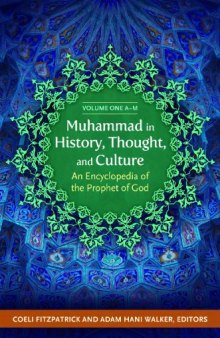 جزییات کتاب
جزییات کتاب
Nation-State is a kind of polity or political unit of analysis. It comprised the elements of authority (form of government), nationality (large number of people called citizens), territoriality (juridical set of legal boundaries), and sovereignty (attained through the recognition bestowed by another nation-state or simply by an international organization such as the United Nations). Moreover, it is a modern entity (mostly secular in nature) that evolved from Greek/Italian city-states, Roman’s res publika (public affairs) to Western nation-state system, which was conceived by European political elites and commonly attributed by some political/social scientists as a product of the Peace of Westphalia in 1648. In spite of that understanding, Western scholars (orientalists) oftentimes and consciously overlook the contributions of Asian or Middle Eastern scholars particularly Islamicist (one who passionately study Islam and its civilizations basing from different bodies of knowledge) to the literature on the study of nation-state. Prophet Muhammad, its subsequent members of ulama (scholars), and jurists have also contributed to the conception and evolution of the nation-state phenomenon.



 دانلود کتاب
دانلود کتاب

 جزییات کتاب
جزییات کتاب





 این کتاب رو مطالعه کردید؟ نظر شما چیست؟
این کتاب رو مطالعه کردید؟ نظر شما چیست؟
